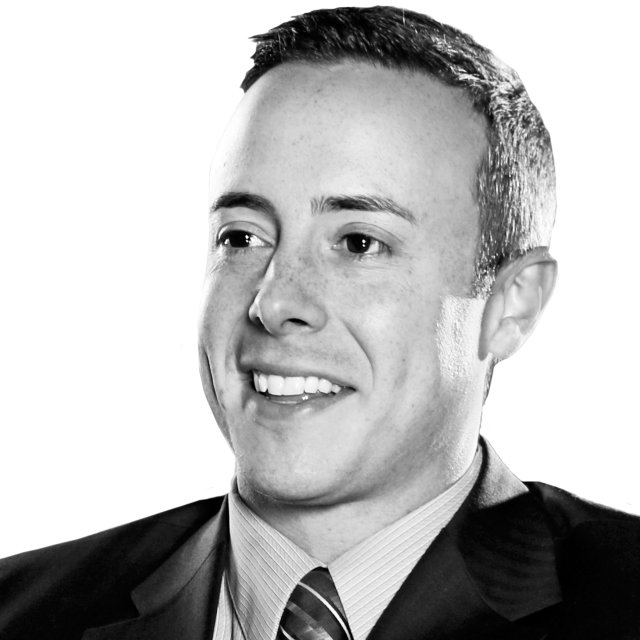Do You Have the Mindset of an Entrepreneur?

Ask people about the biggest financial risk they face, and most of them will start talking about their retirement.
Indeed, it's scary to consider the risk of not having money to support yourself in retirement. Your options feel limited. You have one life, one income, and one chance to save enough money to fund your living expenses once your traditional source of income stops at retirement. Based on this view of life, you work, work, work, and hope you save enough money to cover your day-to-day costs once you stop working. If you miss the mark, you run out of money. If you run out of money, then you’re forced to beg, borrow… or even worse, go back to work!
This form of risk—what I’ll call retirement risk—is real for most people. As described above, it sounds terrifying. And the worst part is that you don’t actually choose to take on this massive risk. Rather, if you're a career employee in mainstream society, the risk is placed upon your shoulders.
So for the typical person, avoiding risk means finding a secure job, saving for retirement in a fairly conservative investment portfolio, and retiring around age 65 to relax for the rest of his or her life. Risk reduction comes in the form of saving 15% to 20% of your annual income for retirement and investing that money in a diversified portfolio of stocks and bonds.
Entrepreneurs, on the other hand, have an expanded view of risk. They experience risk from an entirely different angle. In fact, I’d guess that when asked about financial risks they face, most entrepreneurs wouldn’t even put retirement risk in their top 5.
A Different Definition
Most people view risk as the chance that something bad will happen. If the likelihood of an unwanted outcome is high, then that situation is viewed as risky. However, risk is not the same for everyone. Risk is not objective, it is perceived. And it’s our perception of risk that has us say yes or no to an opportunity.
This is where entrepreneurial thinking comes into play. Entrepreneurs don’t focus on the risk of losing, but rather on the risk of not gaining. They aren’t scared of losing everything and living in a box. They are more concerned about missing out on living an extraordinary life, or not making a big impact on the world. It’s the risk of lost opportunities.
So entrepreneurs' perspective on risk is different from that of most people. And their idea of risk mitigation is more broadly defined than simply depositing 15% of their salary into balanced funds in their 401(k) and IRAs.
Here's what entrepreneurs ask themselves about risk:
- What is the opportunity loss of not testing that idea?
- What do I risk by not attempting to make a huge impact on the world?
- How risky is it to leave my fate in the hands of an employer?
These risks are far greater to them than running out of money when they are old. It’s not that their view of risk is warped, it’s just different. Every decision is based on mitigating and diversifying their risk, but in different ways than the typical person does. It’s simply a life choice, and we all make those every day, both actively (doing something) or passively (not doing anything).
When you are faced with these decisions about risk, don't expect the answer to be clear. It won't be. You'll find yourself face-to-face with all of your fears, but despite this, you must choose the path that aligns best with your personal perceived view of risk.
Your path might be the one that allows you to sleep at night knowing you have a stable job with a consistent income. But if your understanding of risk is different, the best option may be the exact opposite. You may choose an option that causes many sleepless nights—but this path might also allow you to live an authentic life, one where you can look back one day and feel fully satisfied because you know you left nothing on the table.
I have chosen this second path, and so have many of my financial planning clients. A healthy dose of fear provides me with the energy I need to take action in my life. I wouldn't want it any other way, because waking up each day with the ability to create new opportunities is something I would never want to risk missing out on.
Remember, neither choice is wrong. You should align yourself with a plan that gives you peace of mind. My business provides this for me.
----------
Eric Roberge, CFP, is the founder of Beyond Your Hammock, where he works virtually with professionals in their 20s and 30s, helping them use money as a tool to live a life they love. Through personalized coaching, Eric helps clients organize their finances, set goals, and invest for the future.
